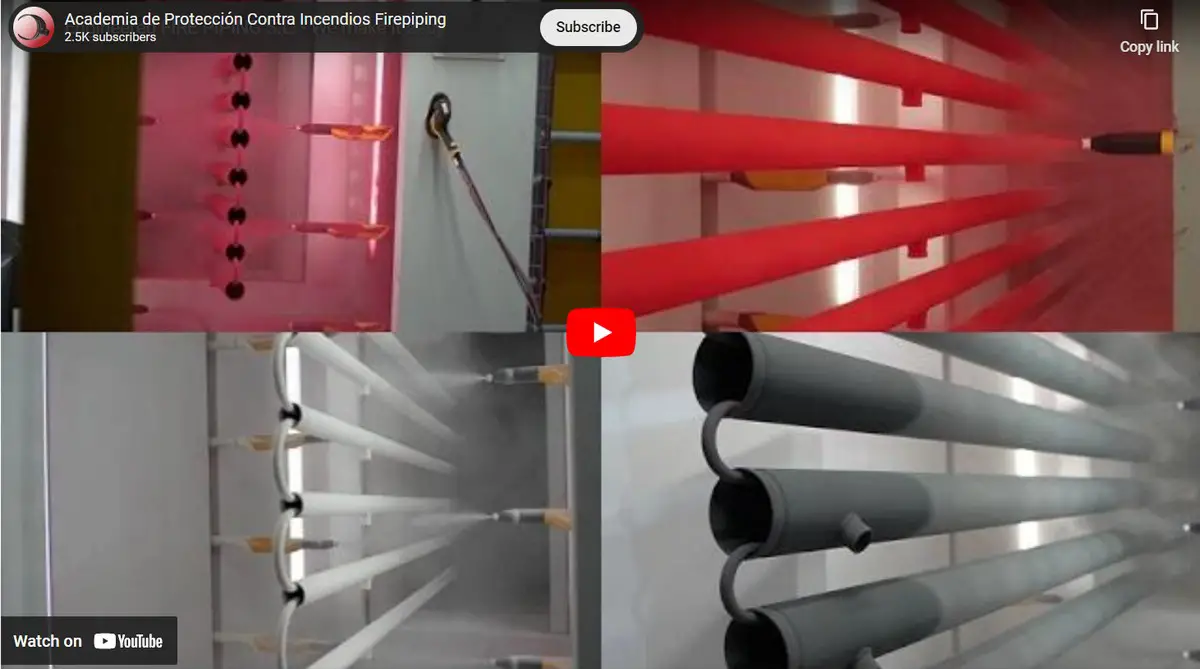How do security systems work at home, Secure house protection design style, Burglar prevention, Target intruder products
How Do Security Systems Work?
27 November 2023
Is your house’s security a concern for you? Do you worry that your home could be a target at any moment for intruders, such as burglars? If this sounds like you, maybe it’s time to think about installing a security system.
These systems have several advantages, including the piece of mind that comes from knowing that your house and family are safe at all times and that local authorities will respond quickly if a security issue ever arises. However, how do these systems function, and what needs to be kept in mind when you want to choose the perfect one?
In this article, we’ll examine the inner workings of these remarkable gadgets and discuss the factors to think about when selecting the best option currently on the market.
Just how crucial are security systems?
Safeguarding against unwanted visitors
Protecting our homes and businesses from unauthorised entry is a top priority, which is why security systems are so important. These systems are made up of a collection of interconnected electrical components that function as a unified whole to ensure safety.
There are many different parts that make up a home security system, but the most common ones are the control panel, the sensors for the doors and windows, the motion sensors, the glass break sensors, and the security cameras.
Together, they form a layered defence system that sounds an alarm at the first sign of an intruder on your property.
Protecting against other emergencies
In addition to protecting against unauthorized entries, security systems are also a valuable ally during fire emergencies. This is achieved through smoke detectors and heat sensors integrated into the system.
They can detect a fire in its early stages and alert you and the local fire department, potentially saving lives and preventing extensive property damage. Even if you have a good damage protection system like the ones offered by FirePiping, having an alarm system can save you from a lot of future problems.
How all the pieces fit together
The panel of the security system is the central piece of the whole thing. It interacts with the monitoring station and your mobile app to provide information about the status of the various components.
When activated, magnetic door and window sensors will diligently report any unauthorised entry. At the same time, motion sensors construct an invisible zone, continuously monitoring for any entry and instantly triggering an alarm if broken.
The alarm system is further bolstered by cutting-edge glass break sensors that can detect the audible or tactile signature of shattering glass and immediately trigger it.
The footage captured by security cameras is significant since it can be seen live via a smartphone app anytime motion is detected.
Should you install your own safety measures?
DIY security systems are another option that some homeowners choose. High-decibel alarms that go out in the event of a break in, or a security camera that sends alerts and footage to a user’s phone whenever it detects motion, are two examples.
DIY security systems have a lower initial cost and are easier to install, but they can’t compare to the protection and response time of a professionally monitored system. It can be time-consuming and risky for a homeowner to actively monitor and maintain a do-it-yourself system in the event of an emergency.
Your demands and priorities will determine whether you are better off with a professionally monitored security system or a do-it-yourself setup. Nonetheless, a fully integrated and professionally monitored security system is the best bet for safety and tranquilly.
Which home security system is right for you and why?
Choosing the right professionally monitored security system is essential if you’ve decided to go ahead and make the investment. When deciding on a security system, take these things into account.
- Consider Your Preferences Figure out what features you need most in a security system. This could include anything from a simple alarm system to more complex monitoring and reaction in an emergency.
- Take the Setup Procedure Into Account: Choose between having someone else install it or doing it yourself. A professional installation ensures excellent operation but may come at a premium cost.
- Be Sure It Works With Your Device: Verify that your current hardware and software, such as Wi-Fi and home automation systems, are compatible with the new system.
- Features to Consider: Features such as remote access, home automation, loud alarms, and real-time alerts should be considered.
- Installation, equipment, monthly monitoring fees, and possible repair or replacement charges are just some of the potential outlays.
- Find Out What People Think About the Business. Investigate the security firm’s reaction speed, customer service, and dependability by reading reviews and feedback from previous clients.
In any case, when it comes to home security, it’s important to take your time and carefully consider your needs and the features offered by each system before settling on one.
Don’t just go for the cheapest option; give more weight to those that have the features you need and offer the most security. You won’t be sorry you did it.
Comments on this guide to How do security systems work article are welcome.
Home Security
House Security Posts
How to choose a home security system
Boost the Security of Your Home
What are some of best home security products
Architectural Design and Security
Property
Residential Architecture
Comments / photos for the How do security systems work page welcome






